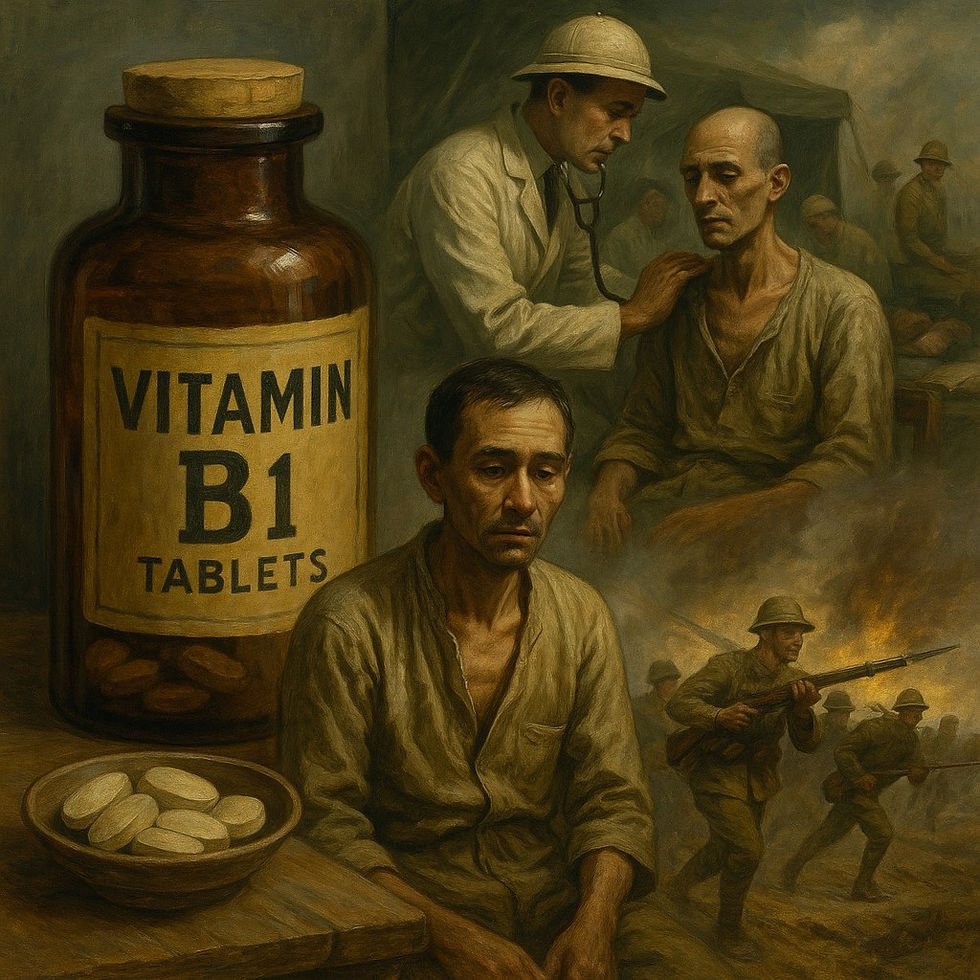Old and new medicine: Aspirin
- H.Kitaoka
- Aug 6, 2024
- 3 min read
Updated: Mar 31, 2025

The History of Medicine and the Development of Aspirin
The history of medicine goes hand in hand with the history of humankind, and has always been closely connected to our lives. Even in times when people did not have the concept of medicine, they used their wisdom to develop medical care. The inquisitive spirit and strong desire for health of our predecessors laid the foundation for modern medical care.
This time, we will introduce aspirin, a drug that was first synthesized in the world and is still in high demand. The history of aspirin dates back to ancient Greece. It has been known since this era that willow bark can reduce fever and relieve pain. However, at that time, its effectiveness had not been officially proven and it was not recognized as a medicine.
Records from around 460 BC show that Hippocrates, the great ancient Greek physician known as the ”father of medicine,” used willow bark to relieve fever and pain.
hippocrates and willow
According to ancient Roman medicinal texts, willow, which was used by Hippocrates, is said to have a calming effect on abdominal pain, gout, and rheumatism, and to improve calluses and corns. It was also said that the effect differed depending on which part of the willow tree was used. For example, the bark was used to relieve pain and fever, and the leaves were used to relieve pain during childbirth. Willow was thought of as a natural elixir for people at the time, and it seems that people used it casually, thinking that if they had a minor injury, they could just apply willow juice on it.
Additionally, there is a legend in Japan that says, ”If you use a toothpick made from willow, your teeth won't hurt,” and in China, there are records that chewing on a willow branch or poking your tooth with a toothpick made from willow can relieve tooth pain. remains. Toothpicks, which we use on a daily basis, are also made from willow, and their effectiveness has been known since ancient times.
Many scientists have tried to perfect aspirin, a compound found in willow, as a safer and more effective medicine, but it took a long time to find success. In the 1890s, Dr. Felix Hoffmann of Bayer AG in Germany was the first to successfully synthesize acetylsalicylic acid (aspirin), and aspirin as a drug was finally born.
Dr. Felix Hoffmann
Dr. Felix Hoffmann, known as a young genius, synthesized the world's first pure and stable form of aspirin, which was approved as a medicine. Behind that success was a strong desire to make my father's life as easy as possible.
Germany in the 1890s. The father of young chemist Felix Hoffmann suffered from rheumatism and took strong drugs to control the pain. At that time, the common drug used to treat rheumatism was a powerful drug called salicylic acid, and his father was no exception.
Although salicylic acid was highly effective in suppressing pain and inflammation, its strong acidity caused severe side effects, including nausea, stomach pain, and discomfort. Seeing his father suffering, Dr. Hoffman felt strongly that there was no way he could make his father feel better, and he began to immerse himself in research.
Salicylic acid and acetylsalicylic acid
The biggest drawback of salicylic acid is its strong bitter taste and nausea when ingested. Looking for a way to relieve this pain, Dr. Hoffman thought that if salicylic acid's strong acid was causing stomach pain, why not use acetylsalicylic acid, which is less acidic?
Many scientists have studied and experimented with acetylsalicylic acid in the past, but there were problems with impurities and the raw material salicylic acid remaining. It was the young genius scientist Felix Hoffmann who brilliantly solved this problem and succeeded in synthesizing the world's first pure and stable form of acetylsalicylic acid.
A few years later, the completed medicine freed Dr. Hoffman's father from pain and suffering, allowing him to live out the rest of his life peacefully. Thus, aspirin was born.
Approximately 100 years have passed since its development, but aspirin is still popular all over the world and is in constant demand as a pharmaceutical product. It can truly be called "the world's oldest and newest medicine."



Comments